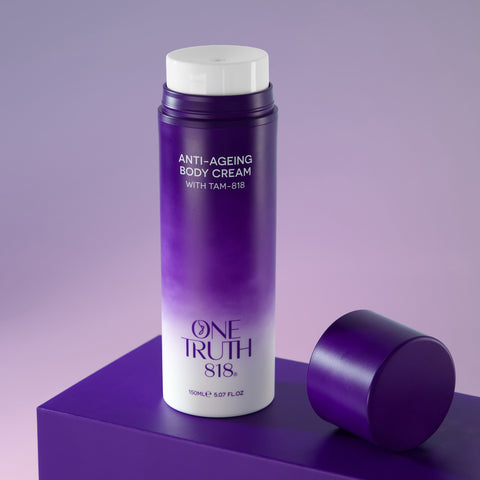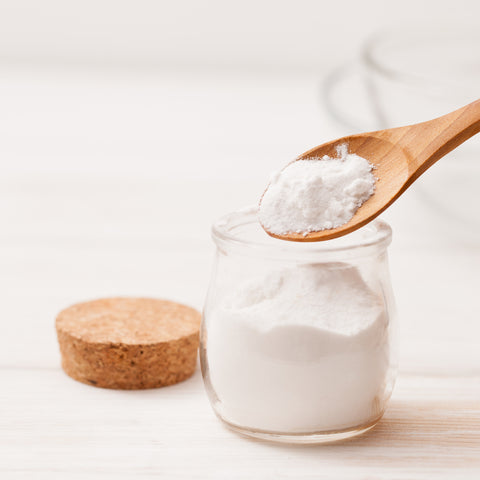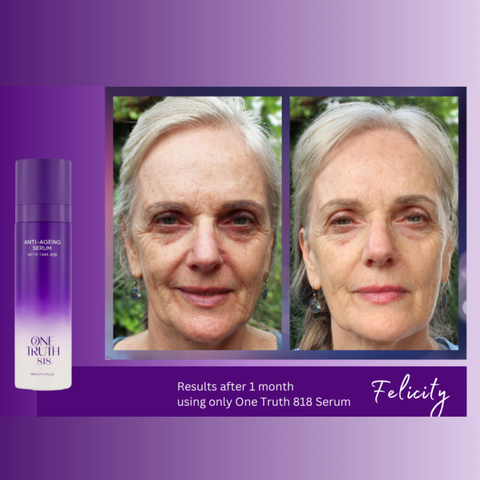The health benefits of Turmeric have been known for about 4500 years. In Southeast Asia it was used as a component in religious ceremonies and used in Indian Ayurveda, an ancient Indian system of natural healing that is still practiced today. Turmeric was said to alleviate congestion, turmeric juice aided with the healing of wounds and bruises, and turmeric paste was applied to all sorts of skin conditions from smallpox and chickenpox to blemishes and shingles.
Of course this is not real science in the way that we view science today but a forerunner to science involving empirical observation. Not to belittle empirical observation it is a useful tool and in my opinion very valid. The ancient Indians would give someone Tumeric and observe what happened, do that hundreds of times with consistent results and I for one am convinced. Inhaling fumes from burning turmeric was said to alleviate congestion, the juice of turmeric aided with the healing of wounds and bruises.
Around 700AD Turmeric reached China, where it was used in traditional Chinese medicine to treat liver and gallbladder problems, stop bleeding, relieve chest congestion, menstrual pain and treat depression. Turmeric reached Africa shortly thereafter In 800AD where it was used by ‘medicine men’ or ‘witch doctors’ to treat a variety of ailments. In 1280 Marco Polo introduced the Spice to Europe.
In western society of course we are not content with empirical observation, we need scientific proof and western medicine has singled out curcuminoids as being the “active ingredient” despite it containing 100’s of other phytochemicals, including demethoxycurcumin, bisdemethoxycurcumin, zingiberene, curcumenol, eugenol, and a bunch of others that little is known about.
It seems odd to me to dismiss the empirical observation that other cultures have, for thousands of years, been practicing. What looks to me like very crude forms of what would today be deemed extraction or fractionation, for example, the vapers are used to treat congestion, the juice bruises, ground turmeric for skin conditions etc. It seems unlikely to me that they are all just different methods of extracting curcuminoids. Empirical observation would suggest that different parts of the root and therefore different “active ingredients” must be responsible for different health or medicinal benefits, but enough about that for now.
Modern medicine has focused on the curcuminoids - so let’s explore what science has to say about the benefits of curcumin.
The main reason that curcumin is seen as the hero active of Tumeric is that it is a very effective free radical scavenger, an antioxidant and an anti-inflammatory. Furthermore curcumin has been proven to reduce the risk of cancer and delay brain disease. Great!
Another very good reason to supplement with curcumin is because due to curcumin’s properties as a potent anti-inflammatory it is very good for your immune system. Chronic inflammation can cause cellular stress, increased cardiovascular risk, fibrosis of tissues and a compromised immune response.
There are numerous other things that curcumin does well including protecting mitochondria and fighting bacterial and viral infections including influenza and HIV.
So are turmeric supplements good for you? Absolutely, YES! I take them myself in our supplement, Repair. Is curcumin amazing – obviously!
Of all the benefits I have spoken about here, there are still more.
What other benefits I hear you wonder? Am I just guessing or do I actually know of some other benefits of the non-curcumin parts of Turmeric, the part many companies throw away. What could it do that is possibly as good as curcumin?
For now all I can say is watch this space!









